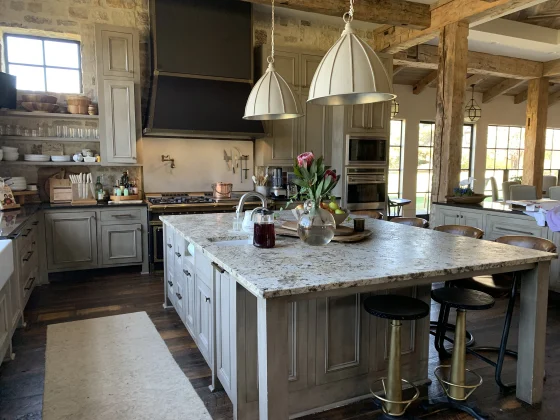If a loved one passes away, their estate must go through probate. This process transfers the legal title of the deceased’s assets to their beneficiaries.
An initial consultation with an Ohio probate attorney can help clarify legal responsibilities and avoid potential pitfalls, including disputes over Will terms.
What is Probate?
Probate is a court-supervised process to ensure that the wishes of a deceased person are honored and their assets distributed appropriately. It involves identifying and valuing the person’s estate, paying their final debts and taxes, and spreading the remaining property to their heirs. An experienced probate and estate planning mentor OH, can help you develop a plan that minimizes the risk of probate.
Assets subject to probate include titled assets (like houses), investments or bank accounts, and personal property like jewelry, cars, furniture, and family heirlooms. Some purchases may bypass probate, such as those in a joint statement with a right of survivorship or designated beneficiaries on life insurance policies or retirement accounts. Planning to avoid probate is important. However, determining whether or not probate is necessary depends on many factors.
Why is Probate Important?
The death of a loved one is hard enough, but figuring out what happens to their estate and property can be a complicated process. This is where probate is the legal process that helps distribute assets and handle any remaining debts.
Probate involves identifying heirs, valuing assets, paying creditors, and distributing the estate. It also includes appointing an executor and estate administrator to manage the process.
Individually owned assets that aren’t titled must go through probate, but some accounts have designated beneficiaries and may bypass probate. These include most pension plans, life insurance proceeds, 401ks, and medical savings accounts. Heirs may also qualify for a simplified probate process if they are contacted within a window of time determined by state law. You can reduce the need for probate by giving assets to your loved ones while you’re still alive, establishing joint ownership, and creating living trusts.
What is the Process of Probate?
The Executor or close relative starts the probate process by petitioning the court. This usually includes a certified death certificate and other supporting documentation.
During this process, the estate administrator locates and evaluates all final assets (including real property) and determines their total value. Then, the estate pays any debts or taxes the deceased owes and distributes the remaining assets to beneficiaries.
The process is typically more complicated if the deceased does not have a will. In this case, the county court uses a set of laws known as intestate succession to determine who receives what and how. This process can take much longer and is more stressful for loved ones. It also means the estate administrator must be compensated for their work.
What is the Procedure of Probate?
The first step in the probate process is for someone, usually the Executor or a close relative, to notify the court of the deceased person’s death and submit a certified copy of the death certificate. This is known as filing a petition for probate.
The next steps include identifying and informing beneficiaries, creditors, and heirs of the estate’s existence. The Executor or administrator must also secure appraisals of assets and property values, file an inventory, pay debts and taxes, prepare and file final income tax returns, and possibly gift and estate tax returns.
Based on state law, the Executor or Administrator should also request compensation from the estate for their work. Typically, this will be 5 percent of the total estate value. Finally, the estate will be closed once all assets have been paid off and the heirs have received their inheritances.
What is the Cost of Probate?
Many factors influence the cost of probate. These include whether or not the deceased had a Will, how big the estate is, and whether it has to go through ancillary probate. The cost of professional fees (legal and accounting), court costs, and the Executor’s fee are also involved.
Additionally, if the estate has debt, that must be paid. This can add up quickly. Finally, heirs must be notified and given a window before the state takes over assets.
All of these factors add up to make probate a costly process. That’s one of the reasons it’s important to consider avoiding probate through proper estate planning. It’s not only better for your loved ones, but it’s also cheaper!




